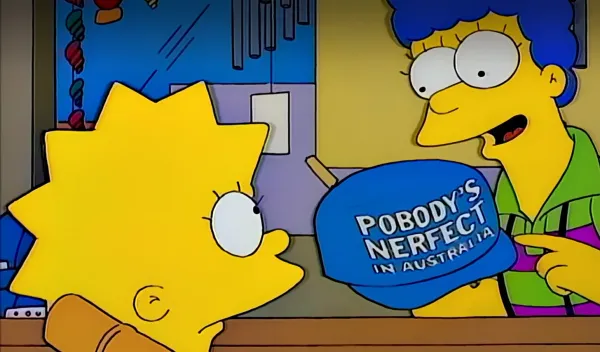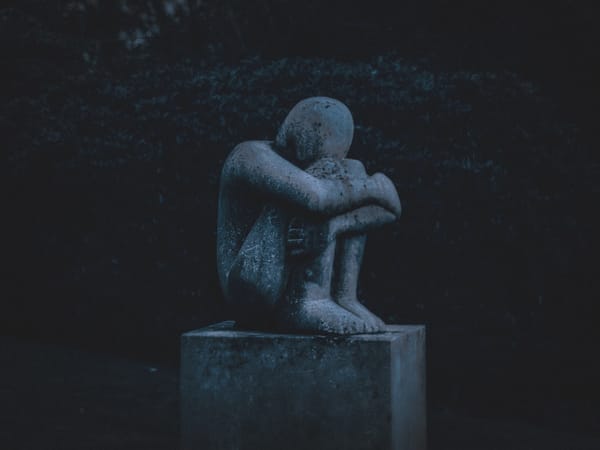Don't forget the face
The Dismemberment Plan is dead. Long live The Dismemberment Plan.

Isaac Asimov once said, "Life is pleasant. Death is peaceful. It's the transition in between that's troublesome."
The members of the Washington D.C. indie rock act, The Dismemberment Plan, intend to prove him wrong.
The Plan is on their way across the country for their final tour. A year prior to this 2003 tour, they decided to break up once the tour was over. Since then an immense weight has been lifted off of their shoulders.
Everything is going smoothly, and if it isn't, there has been no mention otherwise.
"I think an element of creativity and focus that wasn't there before is back now," began lead singer Travis Morrison. "We were in a bit of a holding pattern, which is not why anyone joins a band. It's been great to get the creative juices flowing again."
The expectations have washed away. From the way Morrison speaks, the Dismemberment Plan is no longer a band but a collaboration of creative and amiable minds on tour.
"We are not obsessed with a grand final statement but, as a band, we reached a cogent decision to part ways," said Morrison.
The trajectory of their music creates a concern that the decision may be premature.
In 1999, the band released its third album, Emergency & I, which became an instant hit, not only in the D.C. area they called home, but across the country's entire indie (read: emo) rock scene.
The songs were a departure from the band's previous work, which was a little further out in left field. On Emergency & I, The Dismemberment Plan put less of a focus on being different and more attention on tightening up the music. The result is a much more refined and mature sound.
In 2001, less than two years later, they released Change, which is their best album to date. It builds upon the growth exhibited in Emergency & I and brings it to an entirely new stratosphere. The album is a polished gem that may get lost in the rough as the focus shifts to the breakup tour and a new twist: open-sourced music.
The Dismemberment Plan intends on making their voices heard from beyond the grave. They uploaded the source files of previously released tracks with the sole instruction that any take must create something new with them.
The ultimate result of the experiment will be A People's History of the Dismemberment Plan, an album of remixed tracks by both established and amateur musicians. DeSoto Records plans on releasing the album in September.
The Dismemberment Plan has become an apparition, the fans are the curious mediums, and the compact disc is the Ouija board.
It was supposed to be a joke. The band pushed the files to a server and expected them to die there. Once the reinvented songs began pouring back in, the band was blown away.
"We were blown away by how good some of the songs are," said Morrison.
The tracks were reimagined in ways that were unimaginable to the band. It gave them hope that the art of the cover song is still alive.
"The history of covers has really taken a beating in the rock era," said Morrison. "Once upon a time you didn't get mocked for singing other people's songs. There were interpretive artists and they were very creative."
Something changed, but he is unsure what that might have been.
"Those people started getting viewed as idiots," he continued. "It's really melancholy because it takes away some of the magic of putting a spin on pre-established works. Most of the world's most interesting art was created like that."
This is not the only plan in the work either. Morrison refuses to become stagnant. In addition to A People's History of the Dismemberment Plan, he is working on a solo album, to be produced by Death Cab for Cutie's guitar guru, Chris Walla.
Morrison and Walla's paths collided when their respective acts toured together last year. He was originally slated to produce the band's fifth record before it plans were scrapped. So, he and Morrison agreed to collaborate on the solo album, which will feature a few songs Morrison deemed as not Dismemberment Plan songs.
For a band that officially disbanded a year ago, they remain remarkably productive. The Plan refuses to treat death as peaceful or the transition as troublesome. They intend on making both just as pleasant.
This article was originally published in the Colorado Daily in 2003.





